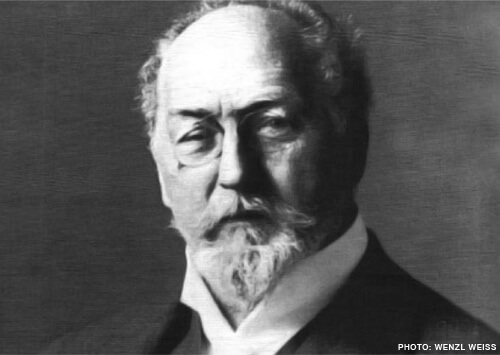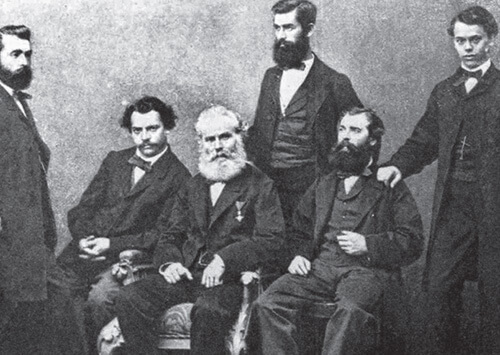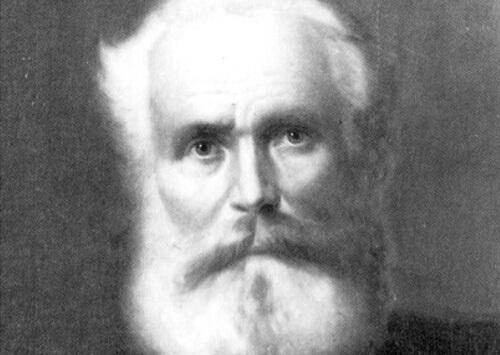Otto Wagner (Penzing, Vienna, 1841 – Vienna 1918), an Austrian architect and town planner, was among the top names in modern architecture and had a decisive influence, as a teacher and theorist, on architectural evolution between the end of the 19th and the beginning of the 20th century. After studying at the Technische Hochschule of Vienna (1857-60) and, for a short period, at the Baukademie of Berlin, he attended (1860-63) the Akademie der Bildenden Künste of Vienna, where he then became professor in 1894. Alongside his academic activity, in 1894, he started his architectural work.
Arousing controversy among traditional academic trends, by founding the Vienna Secession, Wagner promoted the simplification of architectural composition, underlined by a parallel use of structural solutions and building materials, where the decoration was also functional to the definition of the volumes.





